Live from Music Row, Friday morning on The Tennessee Star Report with Michael Patrick Leahy – broadcast on Nashville’s Talk Radio 98.3 and 1510 WLAC weekdays from 5:00 a.m. to 8:00 a.m. – host Leahy welcomed all-star panelist Braden Boucek in studio to discuss the details of the SCOTUS leak investigation and the Penn Biden Center classified docs.
Leahy: In studio, all-star panelist Braden Boucek, the director of litigation for the Southeastern Legal Foundation. Now, Braden, during the break you told me something that was fascinating, and I guess we’ve got some confirmation of it.
You told me that this investigation of the leak of the Dobbs decision which overturned Roe v Wade, in May, went into German-owned Politico, by the way, I might add.
It was released in May and was clearly designed to influence the conservative members of the courts, not to overturn Roe v. Wade. But what’s interesting to me is you’ve cited a tweet from Jonathan Turley. Tell us what that tweet said and what the implications of that are.
Boucek: Sure. He’s saying that there are reports that several of the clerks had, “lawyered up” and refused to fully cooperate invoking the right to self-incrimination. I think that’s an underreported aspect of this story.
Leahy: Let’s think about this. You talked about it would be important that the House consider some hearings on this and that all of the people that were interviewed should be brought in to testify before Congress.
Now it turns out apparently several clerks of some justices refused to cooperate and refuse to answer questions of the investigation. To me, that seems like the most important element of this report. And yet, besides Jonathan Turley’s tweet, who’s talking about it?
Boucek: It’s not conspicuous in the report and we certainly don’t know who it is. I think this is a great example where the public has a right to know. I’d like to see this happen out in the sunshine with people taking sides.
Now there’s a very good reason to do that too. Separate and apart from trying to just assign guilt to somebody who invokes their right to self-incrimination. Once a person invokes the right to self-incrimination, then they’re locked in.
They can’t come back and make up a false story and go around saying, I always denied that I had anything to do with the Dobbs League. And I think just as a matter of the historical record, we need to know where everybody stands on that.
Leahy: Here’s what I’d say. You were a former assistant U.S. Attorney in West Tennessee and here in Nashville. I have confidence that if you were given this task, you would advance the ball.
Boucek: This would be a different investigation for sure. I think that they should, in fact, go ahead and offer immunity in these House proceedings to every single one of the clerks so nobody can invoke self-incrimination. And let’s just find out what everybody knows.
Leahy: What I’d like to know is apparently some clerks refuse to participate. I’d like to know which justices they clerked for.
Boucek: That’d be an interesting thing to know.
Leahy: Do you think the House Judiciary Committee will ask all of these clerks who were interviewed and those who refuse to be interviewed to testify before Congress? Do you think that will happen? Will the subpoena be coming out?
Boucek: House Judiciary, as reported on Fox, is saying they’re going to investigate the leak. I have severe reservations that it will be done well based on the Obama-era investigations. (Leahy laughs)
I winced every time I saw House Republicans proceed with an investigation. It would be wonderful if they would let actual people who have cross-examined a witness ask those questions.
Leahy: Let me just say what I would not like to ever be. I would not like to ever be cross-examined by you. (Laughter)
Boucek: It’s fun.
Leahy: I think you would get to the truth of the matter.
Boucek: I’ll certainly ask the right questions.
Leahy: On legal matters, it’s terrific to have someone with your legal background to talk about this; there is also a legal issue and a set of curious circumstances surrounding the news that apparently the Department of Justice and the White House did not want to be released, but which was leaked to CBS News a week ago Monday.
That personal attorneys for Joe Biden had “discovered classified documents.” According to them, in a locked closet in the Penn Biden Center, a 13,000 square foot facility at 101 Constitution Avenue, and then all of a sudden, they discovered a whole bunch of other documents, classified documents, in the residence at three different locations in his residence. This seems to me to be very bizarre. If you were to look at this, what sort of things would you look at as a prosecuting attorney?
Boucek: Two things jump out to me. This is a great example, by the way, of another investigation that I simply do not recognize. This isn’t how normal investigations are done. First things first. There are classified documents impermissibly stored. I don’t ask the lawyer for permission for the contraband evidence.
I would have done the compulsory process. There’d be a summons. There’d be a search warrant. Maybe there are sensitivities that surround it because it’s the President of the United States. And of course, they were taken out illegally when he was not President of the United States.
Leahy: We’ve documented that process. We’ve got a story by Laura Baigert on the chain of custody. And they’re supposed to go from a SCIF, and then there’s supposed to be a log, and they’re supposed to be transported to another SCIF. This would be if you were authorized to move them, he wasn’t authorized to move them.
There is this little bizarre thing where there was an executive order signed by President Obama in December 2009 of which the vice president’s people claimed or some people are claiming gave the vice president authority to declassify documents. I don’t know. Can an executive order do that? I think it would have to be a law, wouldn’t it?
Boucek: I think that that is a difficult constitutional question because the President does have inherent Article One, and inherent Article Two authority. And maybe this falls underneath it, but I’m dubious of that claim. And let me also add another thing that certainly didn’t work for President Trump when he tried to say that he had unilateral executive authority.
Leahy: The President does have the authority to declassify documents. Obama signed this executive order in which he gave that authority, purportedly to the vice president. But I think it’s very, very shaky.
Boucek: That’s very shaky. And it’s shakier that we’re just now hearing about it.
Leahy: Yes. It’s been out there since 2009, but nobody’s really pointed it out. It’s not a defense that I’m hearing from Biden’s team. It’s from others.
Boucek: Oh, okay.
Listen to today’s show highlights, including this interview:
– – –
Tune in weekdays from 5:00 – 8:00 a.m. to The Tennessee Star Report with Michael Patrick Leahy on Talk Radio 98.3 FM WLAC 1510. Listen online at iHeart Radio.
Photo “Braden Boucek” by Southern Legal Foundation.

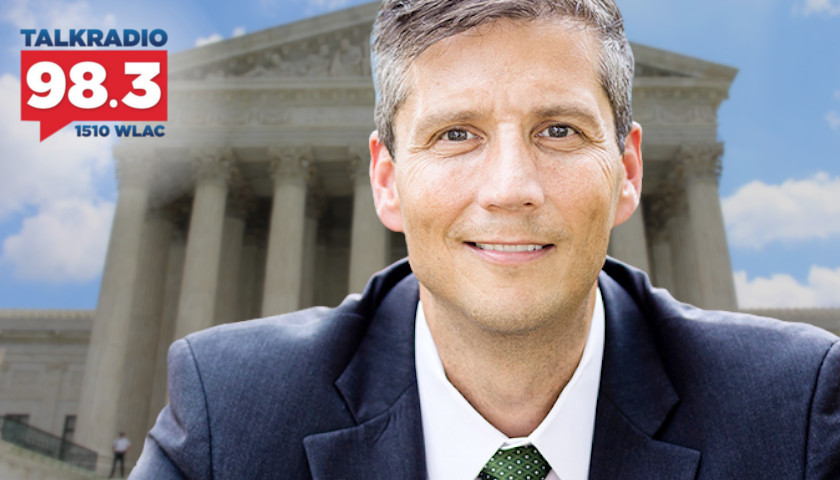



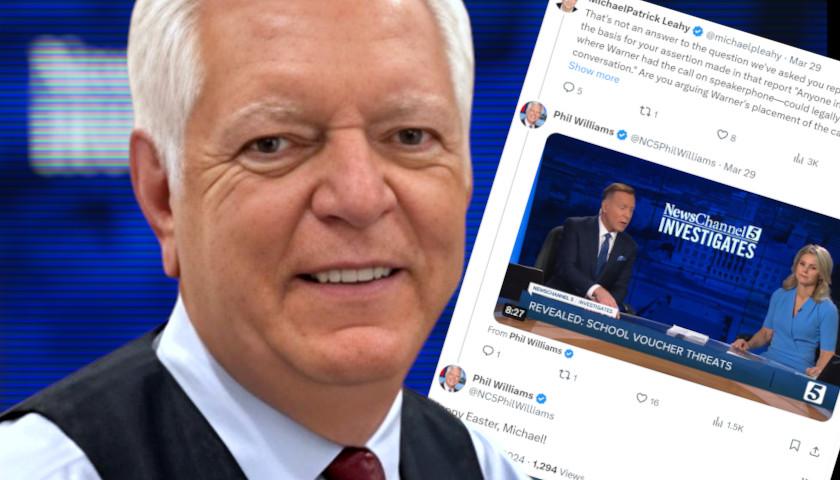
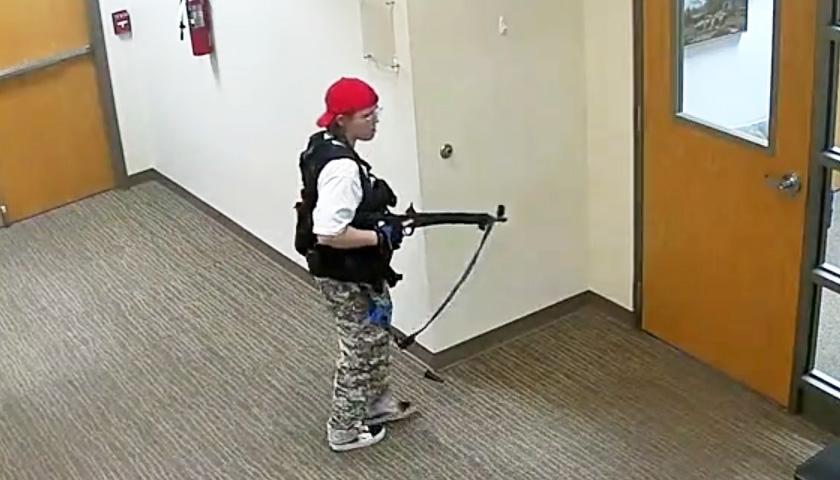
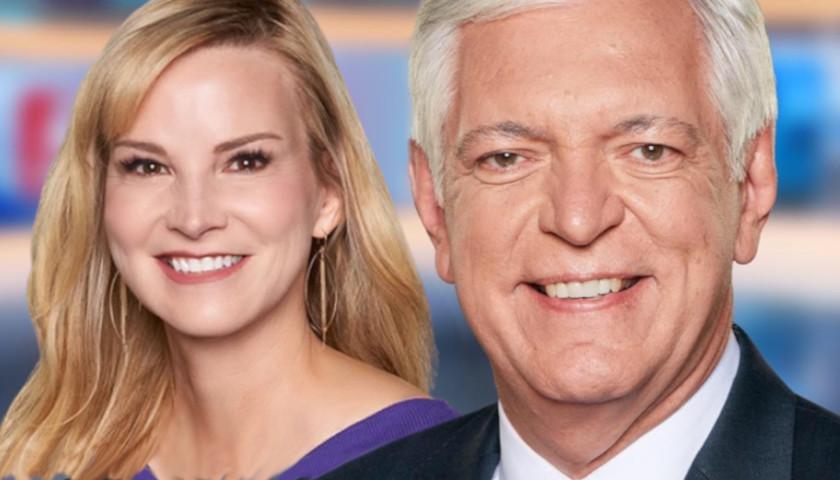
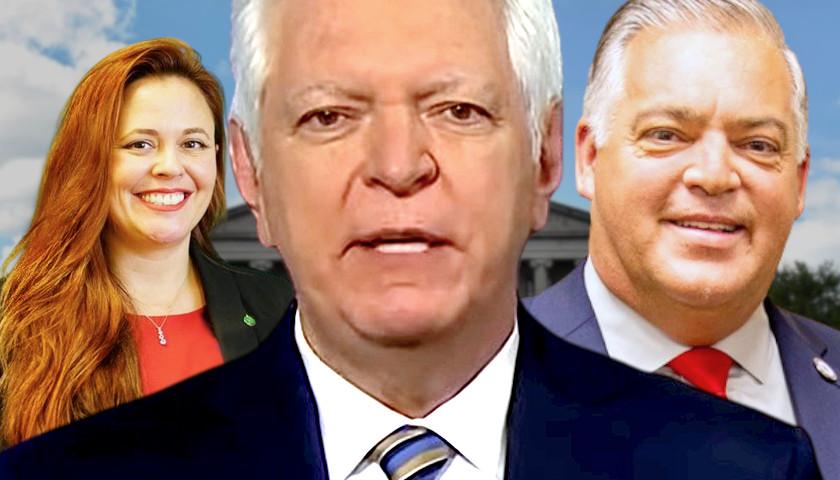
You don’t speak for the entire Southeast. Not all white males (or white females) share your right-wing anti-leftist agenda!